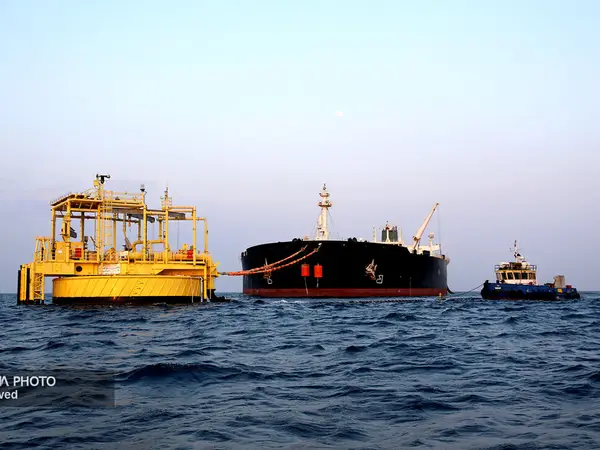Iran has lost $450 billion in oil revenues in a decade because of international and US sanctions, causing a serious economic crisis, a newspaper in Tehran says.
Aftab News website based its calculation of lost revenues on OPEC’s annual oil export numbers and estimated that UN Security Council sanctions that came into play a decade ago and lasted more than 3 years, followed by US sanctions since 2018 cost Iran dearly.
In absence of sanctions, Iran was exporting anywhere between 2.2-2.5 million barrels of crude oil per day, which depending on global prices could generate annual revenues of up to $100 billion. But when sanctions were imposed these exports dwindled to as little as 200,000 barrels per day, as was the case in 2019. Currently, by circumventing existing US sanctions Tehran is believed to be selling up to one million barrels mostly to China.
Around 2010, Iran was generating revenues close to $100 billion while in 2021, OPEC estimated oil export income of just $25 billion, with an average shipment of 763,000 barrels per day. If exports had continued at the 2.5-million-barrel daily rate last year, Iran would have earned $82 billion.
Although our estimate of Iran’s losses in the past decade are much lower than what Aftab news has calculated, it is still considerable. Based on the same OPEC data and other indicators, we estimate that Iran lost around $300 billion, although a substantial part of the sales during sanctions remains hidden from view, especially in terms of actual earnings.
Iran’s losses have a disproportionate impact since the country has not been able to free itself from an oil-export-based economy. About half the government budget depends on oil revenues and a $30 billion annual shortfall is devastating for the largely state-owned and controlled economic system.
That is why the annual inflation rate has stood at more than 40 percent in the past two years as the government has resorted to printing huge amounts of money to pay for its obligations.
The government decided in its November 2 cabinet meeting to allow individuals and companies to sell crude in contravention of US sanctions, according to rules and conditions kept confidential.
This might marginally increase export revenues but first it will enrich government and military leaders who will tightly control who is allowed to act as middleman.
The scheme is not new. During international nuclear sanctions in early 2010s the same method was used with the result that two big embezzlement cases emerged, one in oil exports and the other in petrochemicals.
In one clandestine oil export scheme, a trader named Babak Zanjani, with close ties to government leaders, pocketed at least $2.7 billion and has been in jail for years awaiting execution that has not been carried out so far. Some speculate that either he has still not given back the money or knows too much to be hanged. A third possibility is that he owes percentages to powerful officials, and they still hope to get their money back.
Lately, the Biden Administration appears to be more resolute in enforcing US sanctions, with designating individuals and third-party companies that are involved in one way or another in doing business with sanctioned Iranian entities.
Just on Thursday, the US Treasury Department sanctioned 13 businesses in the United Arab Emirates and Hong Kong that it said were involved in Iran’s petrochemical exports.
